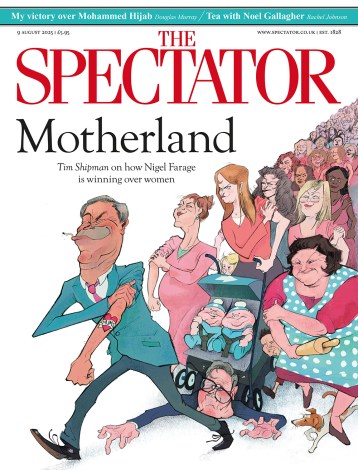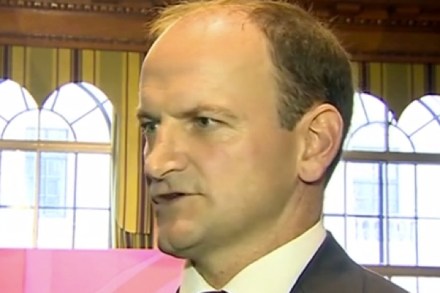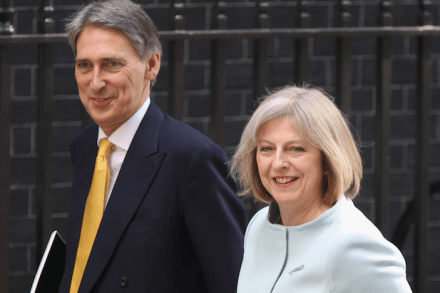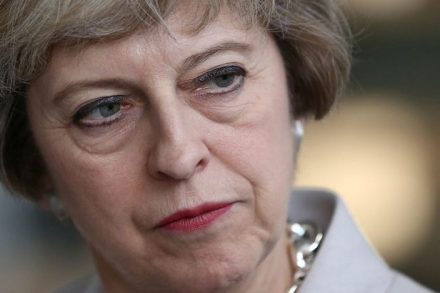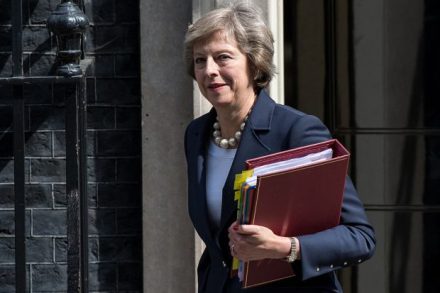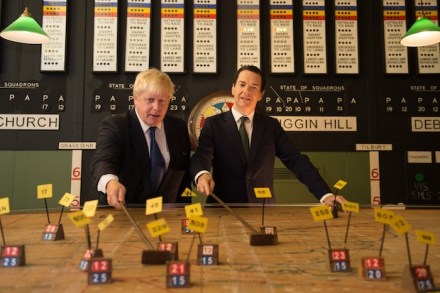Wetherspoon’s boss is right to mock doomster economists over Brexit
In the referendum run-up, we were inundated with warnings and messages of doom and gloom about the untold damage Brexit would unleash – and unleash immediately. It took a pub boss – Tim Martin, the founder of JD Wetherspoon’s – to add a bit of perspective. Why, he argued, would consumer sentiment plunge of a majority voted Brexit and got what they wanted? Why, if we wouldn’t actually leave the EU for two years, would the economy fall of a cliff? At the time, he was mocked for knowing nothing more than how to pull pints. But now, with the prophecies of economic woe having failed to materialise, it seems he was more

